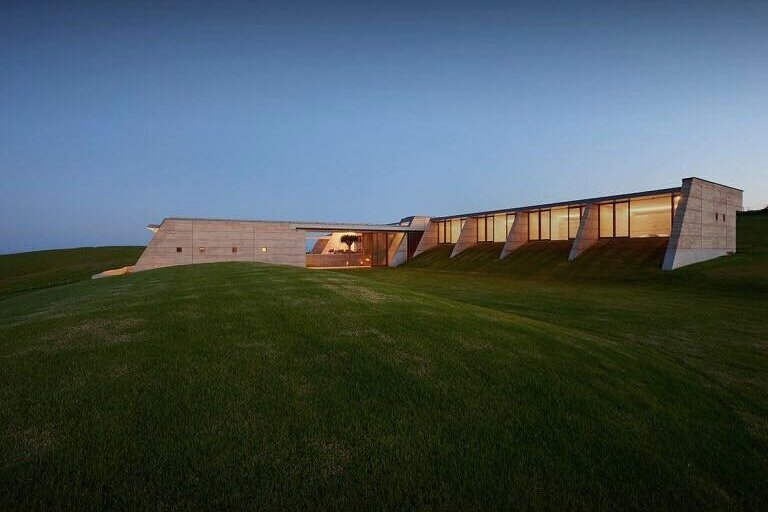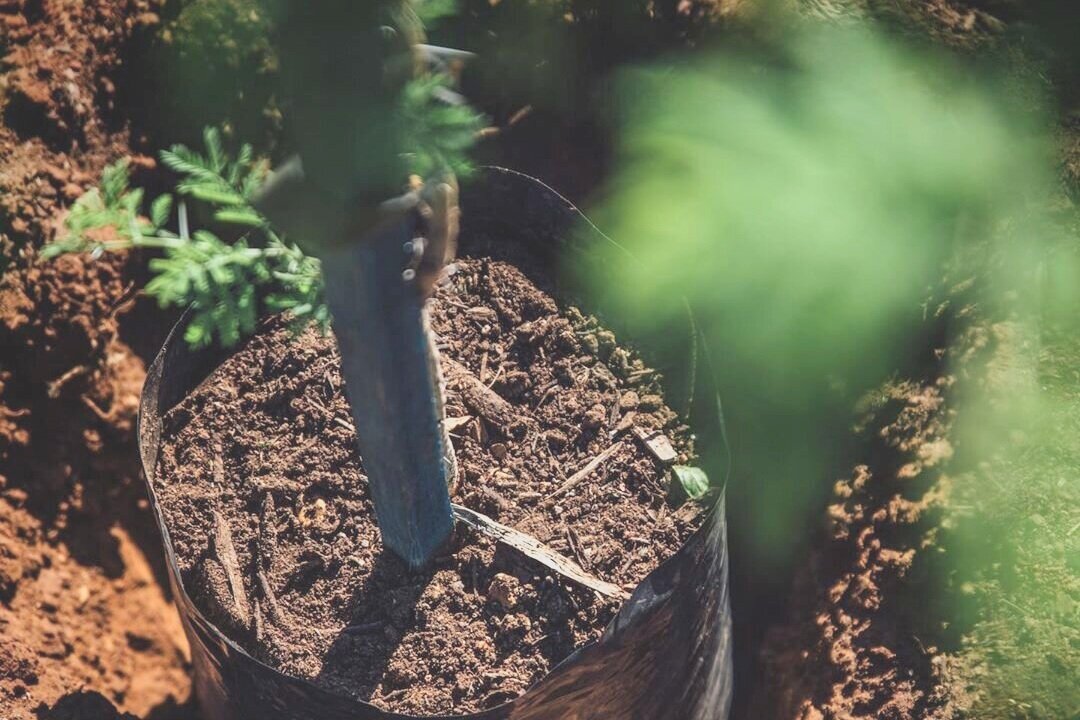By its nature, 58 has the ability to create impact intrinsically through its design, construction and operation, as well as through its associated offerings and activities. Directly, the project aims to create impact by employing sustainable building techniques, avoiding reliance on non-renewable resources, exercising responsible supplier procurement processes and improving the lives of local community members though quality job creation, skills development, training and enterprise development initiatives.
Beyond its direct impact, 58 will demonstrate a ‘buffet’ of regenerative solutions and approaches that can be adopted by the general public. Whether it is high-end rammed earth walls, biodynamic farming, community engagement, healing practices, biomimetic water solutions, biophilic design or otherwise, visitors can see, engage and physically experience what an alternative future may look like and how to apply these ways of doing themselves.
Ultimately, 58 creates a platform for progressive discussions around how we collectively as a society can move forward in a way that also expresses our appreciation for all life. In its role as a facilitator, 58 will provide a space for local and international leaders to convene in a place that is conducive for expansive thinking, while being surrounded by the physical manifestations of our own appreciation for life.
Community
Rather than short-term job opportunities, 58 aims to seed a life-long journey of change and progress for all members of our community; from informal settlements, schools and academies to farms, lodges and tourism venues; through active engagement and skills development.
Land ownership | skills transfer | job creating | micro-enterprises | social work | settlement upgrading | tree planting | food production | cross-border school collaborations
Joseph Thabang and Isaiah from the community joined for a commercial stabilised rammed earth project in Cape Town
During a 58 community dinner
During our first community event, inviting the larger community
“It’s exciting and I’m glad people are using the materials that we have on the land which we, as a community, didn’t know how to use before. I think people will learn a lot about nature, teamwork, communication and even how to build their own houses, using rammed earth for example. 58 will help in a big way by creating job opportunities in the Kromdraai Valley and giving young upcoming leaders a chance. ”
Conservation
Biodiversity & Ecological sensitivity
58 is located in the Magaliesberg Biosphere Reserve – the meeting point of three different kinds of biomes; the central grassland plateaux, the sub-Saharan savanna and the Afromontane forest; which makes it exceptionally diverse in fauna, flora and animal species.
Anthropology & Palaeontology
58 is also home to the Cradle of Humankind, a UNESCO World Heritage Site 50 km northwest of Johannesburg, South Africa. This area hosts the archaeological finds of the earliest hominid species – the 3.67 million years old Little Foot. 58 is working closely with Past, University of Wits and University of Johannesburg to uncover more about our own iron-age sites.
Land rehabilitation





















